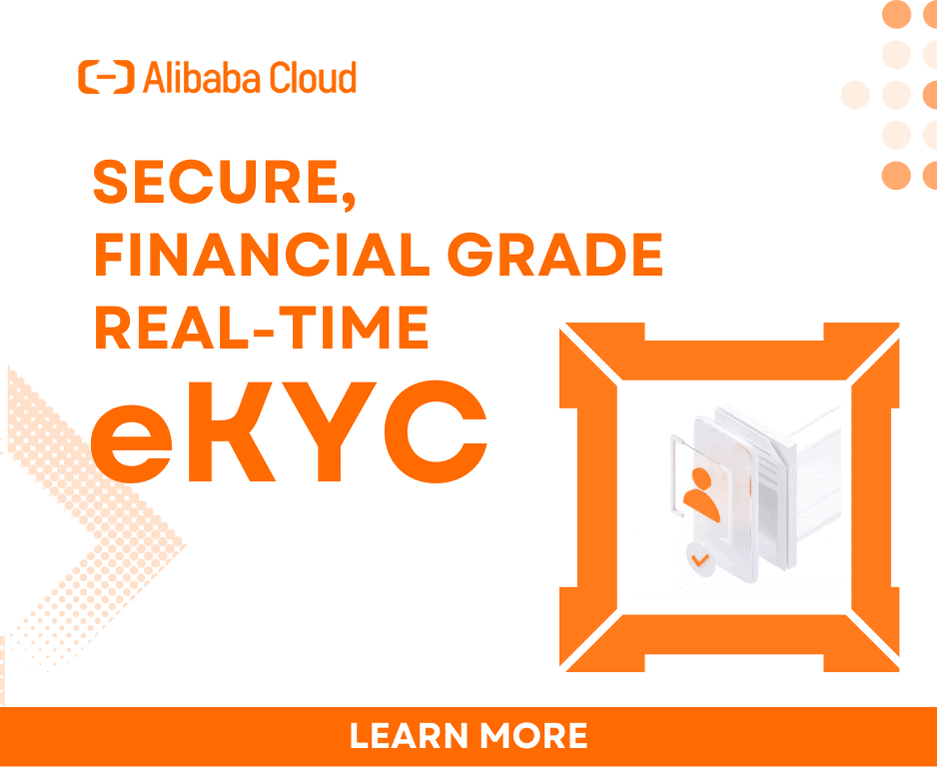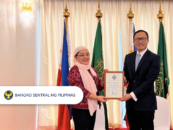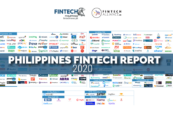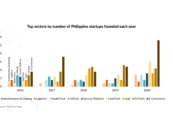
Intellicare Taps Unionbank to Open Digital ePaycard Accounts for Affiliated Doctors
by Fintech News Philippines June 2, 2021Philippines’ health maintenance organisation (HMO) Asalus Corporation which operates under the trade name Intellicare, partnered with Union Bank of the Philippines for ePaycard Digital Account Opening (eDAO).
This helps to speed up the disbursement of professional fees, benefits, and other reimbursements for affiliated doctors.
UnionBank offers an account opening facility that is efficient, paperless, and with a fully digital disbursement solution for the convenience of Intellicare affiliated doctors.
To facilitate the opening of their accounts, the doctors will receive an SMS with a unique reference code which will be used to continue the application via the UnionBank app.
Account opening will be a fully digital process which can be made at the doctor’s own time and convenience. Upon Intellicare’s approval, the ePaycard accounts will be opened in real time.
The doctors’ ePaycard accounts will automatically be enrolled in UnionBank Online and will be able to do digital transactions like fund transfer, bills payment, save up for goals, split bills, buy load, and many more.
UnionBank and Intellicare will be providing communication materials and hosting online onboarding sessions and webinars to educate the doctors on the features and benefits of eDAO and how to secure their online bank accounts.

Mary Joyce S. Gonzales
Mary Joyce S. Gonzales, Executive Vice-President and Retail Banking Center Head of UnionBank stated,
“With restrictions on movement and the need for contactless payment to reduce exposure to the virus, the bank has made it its goal to aid companies and its employees in making the disbursement process more efficient, convenient, and safe for all those involved in the transaction.”
Audrey Meldy B. Gallardo, Executive Vice-President of Intellicare remarked,
“It is Intellicare’s desire to always consider the best for our partner doctors and medical facilities to ensure the efficient flow in the supply chain.
This payment facility of UnionBank is an enabler for us to meet our commitments to them in the best way possible amid the challenges of less physical contact in managing the pandemic.”








